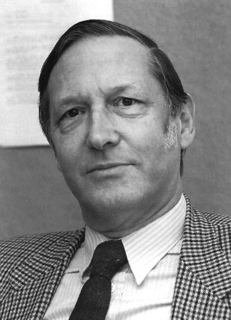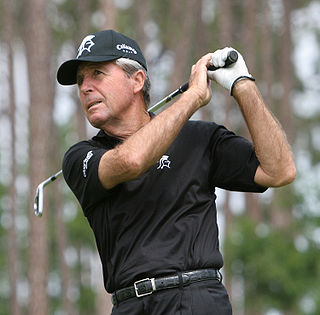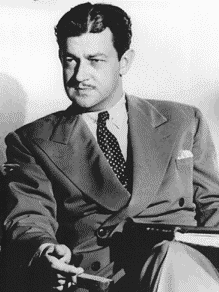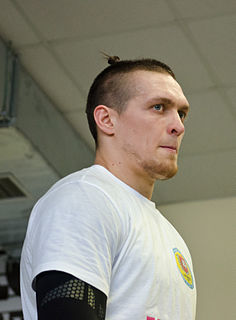A Quote by Simon van der Meer
I visited the Gymnasium in The Hague and passed my final examination (in the sciences section) in 1943.
Related Quotes
At last, after completing year 12, I failed the great final examination, repeated the following year and failed again even more dismally than before. This was not an easy thing to do. My mates did the simple thing in the first place and mainly passed with honours and went on to have remarkably successful lives.
I have to say, I think that we are in some kind of final examination as to whether human beings now, with this capability to acquire information and to communicate, whether we're really qualified to take on the responsibility we're designed to be entrusted with. And this is not a matter of an examination of the types of governments, nothing to do with politics, nothing to do with economic systems. It has to do with the individual. Does the individual have the courage to really go along with the truth?
The reason the middle section switches to third person is, well, this is middle age. This is the part in her life where she loses track of something that was driving her and has to figure out what's going to drive the next part of her mission, this mission to be an author. I had to push back away from her for a while before we could come up to that really lyrical close third in the final section.


































